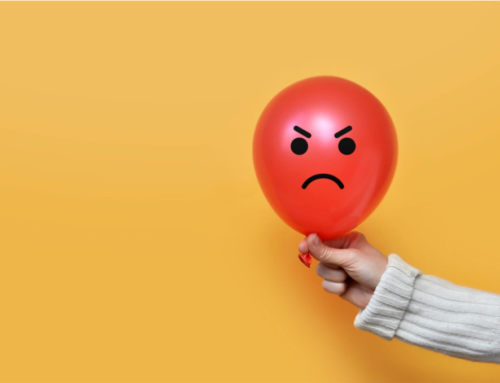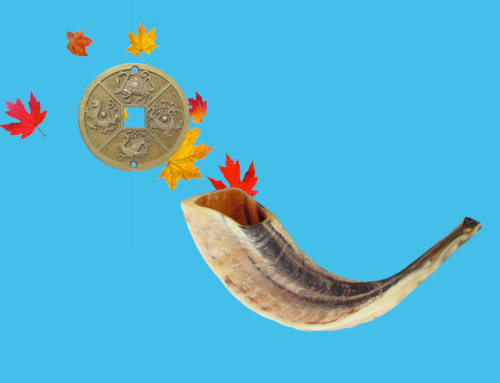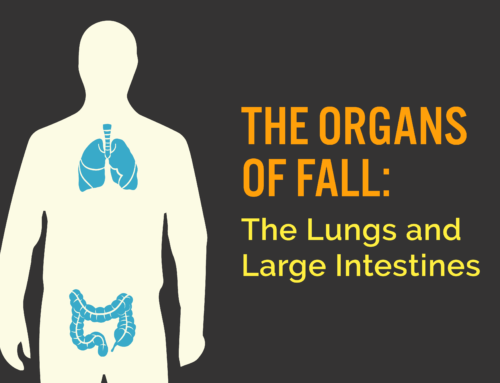When we think of summer, we think of sun and fun. However, for some people, the warmer season can cause summertime blues, also known as Summer Seasonal Affective Disorder (SAD).
Most people are familiar with Seasonal Affective Disorder in the winter, a phenomenon linked to a lack of sunlight. This decrease of sunlight can affect our biological clock, serotonin levels and melatonin production, ultimately impacting mood. Summer SAD, on the other hand, is related to the reverse – an increase of sunlight, leading to a modulation in melatonin production. Another theory relates to the longer summer days (i.e. rising earlier with the sun, staying up later, etc.) which can throw off our circadian rhythm.
Seasonal Affective Disorder Symptoms:
- Mood: sadness or depression, anxiety, apathy, general discontent, loneliness, loss of interest, mood swings, lack of concentration
- Sleep: excess sleepiness, insomnia, or sleep deprivation
- Whole body: appetite changes or fatigue, weight gain
- Behavioral: irritability or social isolation
According to the National Alliance on Mental Illness, summer SAD disorder affects less than 1/10th of all SAD cases. But just like winter SAD, summer seasonal affective disorder returns every year around the same time. Interestingly, people in the southern U.S. tend to experience summer SAD more so than those in the north (and vice versa).
How Acupuncture Can Help Beat the Summer Blues
In Traditional Chinese Medicine, everything has a yin and yang aspect: opposing forces complement one another and form part of a greater whole. Yang equates to masculinity, activity, warmth, and brightness. Yin on the other hand, relates to femininity, nourishment, passiveness, cold, and darkness. When yin and yang are imbalanced, we see chemical, mental, emotional, and physical disturbances within the body. Acupuncture works to bring the body in balance, taking in consideration not only the symptoms, but the root cause.
AcuPoint Highlight: Yintang

As an acupuncture or acupressure point, yintang helps to:
- Calm shen (spirit) and relieve anxiety, agitation or insomnia
- Benefit the nose, opening nasal congestion, rhinitis, and pain
- Alleviate pain and headache





